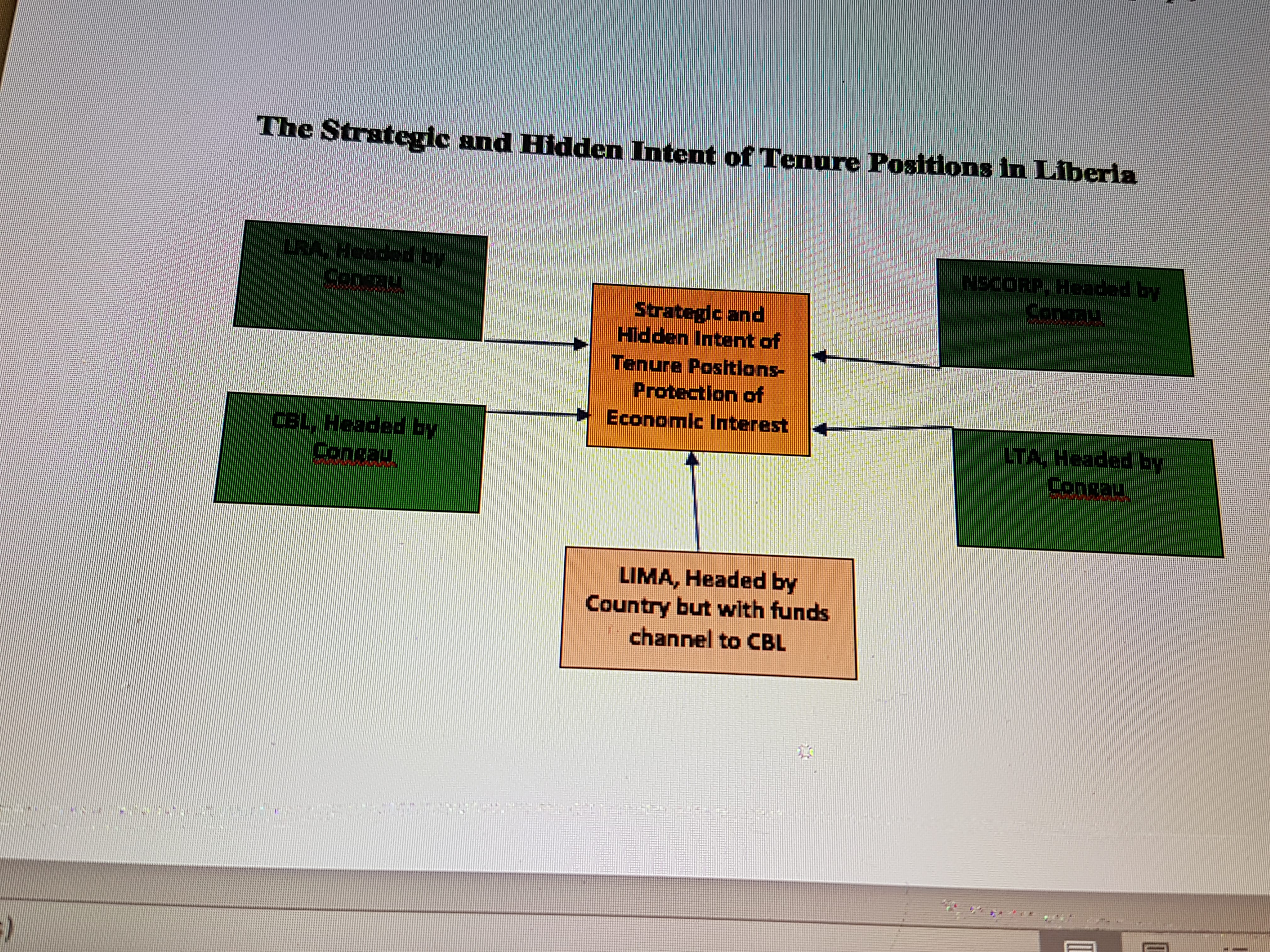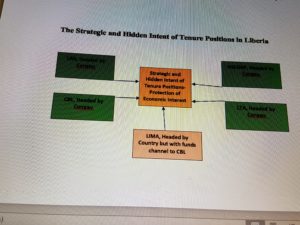
The debate on tenure positions seems to be missing a fundamental truth. It has been more focused on legal arguments and largely failed to recognize the political and economic angle to tenure positions. While proponents both for and against tenure positions continue to use the constitution as basis for their arguments and have therefore argued on intent and spirit of the framers of the law, none have taken into consideration the political and economic intent of the appointing authority, who happened to be the originator of the law.
On the surface it may seem the intention of tenures are meant to provide stability to the institutions. A critical look however, especially from the political and economic angle in terms of sections benefiting most from the creation, points to the contrary. It reveals that the overriding intention is to secure the political and economic interest of certain a group of people to the exclusion of another and not necessarily the provision of stability to the institutions as people are made to believe. This discovery can be deciphered from the appointments made to those positions by the originator of the law.
Take a look at the appointments of the five institutions concern – Central Bank of Liberia (CBL), Liberia Revenue Authority (LRA), Liberia Maritime Authority (LiMA), Liberia Telecommunication Authority (LTA) and National Social Security and Welfare Corporation (NASCORP). All have people from the minority group, i.e. Congua or Americo Liberian Extraction, except LiMA with a country or indigenous person, i.e. the majority group. It will interest all to note that these are the major revenue generating points (economic life lines) of the country. So, the underlying motive of the appointments, and by extension the creation of the tenures, is to protect and secure the economic interest of the minority and not necessarily the provision of institutional stability. And the best way to archiving that is to firstly plant it in the laws of those institutions, and secondly appoint ‘Gate Keepers’ from the minority group. Thereby securing their economic interest. Lest we forget, those who control the economic power wheeled the most influence politically as you can easily buy influence, especially in a poverty stricken and weak institutional setting as Liberia. This covert and strategic way of operating requires critical and sharp political eye to understand and is also difficult to dismantle in the event it is discovered. There are so many legal technicalities and hurdles to surmount as the current Government is experiencing today.

Some people may want to counter that the fact that LiMA is manned by a country boy negates the argument that any covert motive was intended as to Tenure Laws protecting and securing sectional economic interest. However, it may interest all to know that funds to GOL from LISCR goes directly to the Consolidated Account at the CBL and does not go to LiMA. LiMA gets its budgetary allocation, like every other agency, by preparing vouchers through the Ministry of Finance. Most compelling in support of the fact that the country boy was given LiMA because it does not control the funds is to look at Commissioners were treated by the past Administration. During Commissioner John S. Morlu’s time (2006-2008), the budget was capped at US$750K per annual. When Morlu was removed and Bimyah Kesselly took over (2008-2016), a person who was more of a minority (establishment) leaning than majority extraction notwithstanding his being majority person by virtue of his tribe, the budget rocketed to US$12Million per year. When Kesselly left and James Kollie, another country boy took over, the budget was again sliced to US$3.0Million notwithstanding the huge debts inherited by Kollie. What this shows is that, people from the majority group were most times more likely to be denied access to high revenue generating entities compared to people from the minority during the past regime. This is the true picture of the Tenure Positions as they stand today. It is benefitting the minority and not the majority. A detailed analysis could be demonstrated, but that is for another day.
From the foregoing, President Weah needs to take a political decision, in addition to his power to appoint at ‘his will and pleasure’, to correct this crafty tenure positions political economy imbalance which were not intended to serve the long-term ultimate interest of the institutions and by extension the nation, but to secure the economic interest of the minority by strategically positioning certain people to key revenue generating points. Liberians in general, and in particular, President Weah needs to shine his eyes. For those who think they can fool all Liberians, let the word go forth that we can see through whatever political, economic and social veil they put up to mask any hidden agendas.
If President Weah has any intention of pursuing his ‘pro-poor’ agenda, then he must be aware of how he appoints people to certain strategic points. The sectional leaning of some people will determine to a large extent if the majority will benefit or the few will continue to dominate. His appointments need to support ‘affirmative action’ as in trying to remedy the 100 plus years of marginalization the majority have suffered over the years. President Weah should aim for the equitable distribution of economic power which is dominated by foreigners and few people from the minority block of the country. An issue reserve for detail consideration in articles. Without control of economic power, his political power is nothing. The struggle in Liberia today, and as has always been, is about equal access to, and equitable distribution of the resources of the country of which the majority of citizens, especially the country people have been largely and long denied.
***********
Gramsci Thomas is a Liberian of critical political thoughts. He can be reached at: gramscithomas2017@gmail.com
